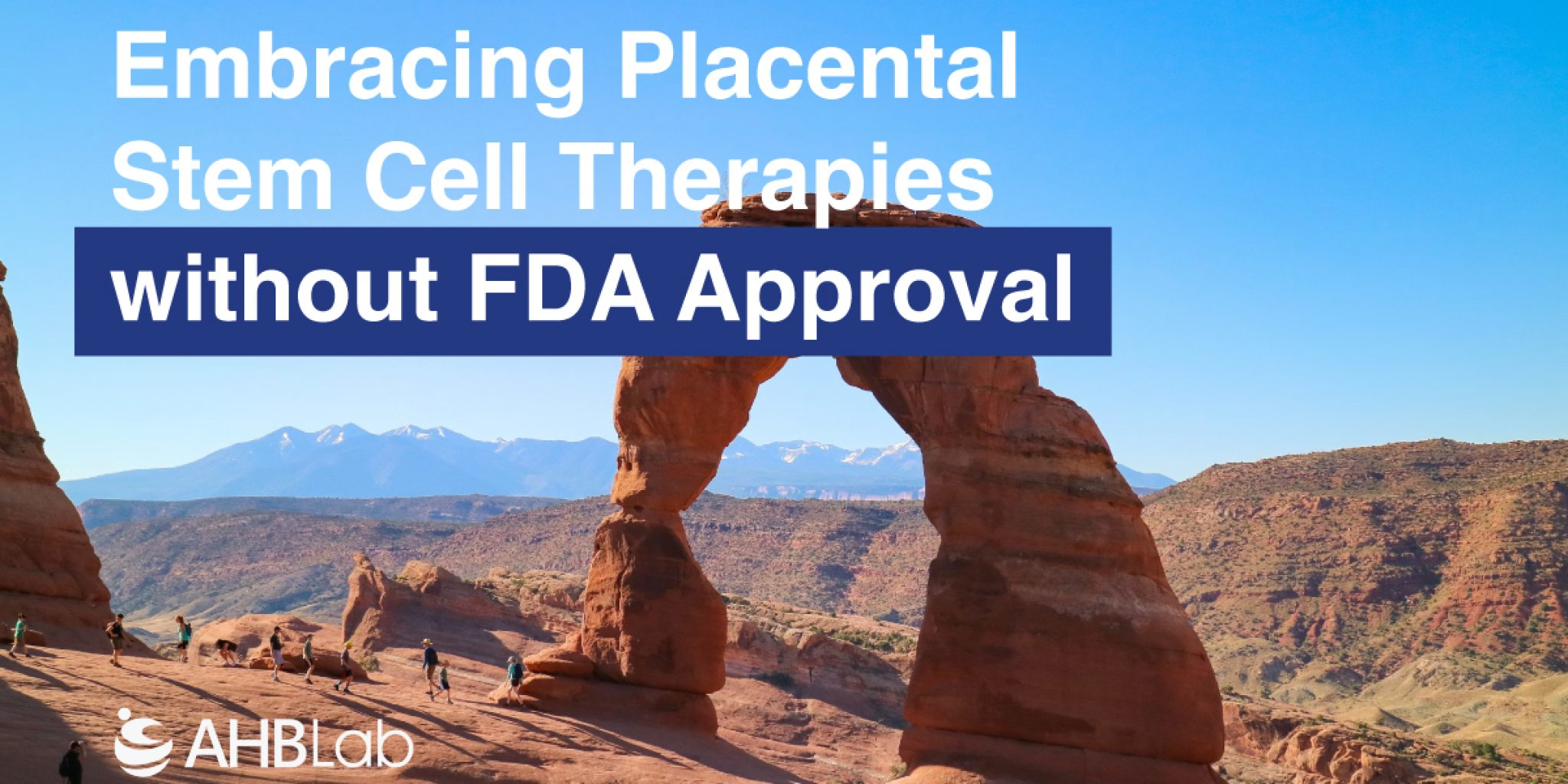A Revolutionary Law Challenges Federal Regulation
In an audacious move that has stirred both excitement and concern within the medical community and beyond, the state of Utah has enacted a groundbreaking law that permits the use of placental stem cell therapies not approved by the U.S. Food and Drug Administration (FDA). This bold statute, which officially takes effect on May 1st, represents a significant challenge to the FDA’s authority over drug and treatment regulations, potentially setting a precedent for the future of medical treatments in the United States.
The Details of Utah’s New Statute
Passed with an overwhelming majority by both houses of the Utah legislature in February and signed into law by Governor Spencer Cox, the new statute allows Utah health care providers to administer placental stem cell therapies that have not received FDA approval. This permission comes with the stipulations that providers must clearly disclose the unapproved status of the treatments and obtain signed consent forms from patients. The definition of providers is broad, encompassing a range of health professionals from physicians to nurses and midwives, provided their scope of practice includes stem cell therapy.
State Senator Curtis Bramble, a key proponent of the legislation, articulated the state’s position, emphasizing patient empowerment over bureaucratic control. According to Bramble, this approach harnesses a “plentiful, safe, and ethically acceptable” source of stem cells that holds potential for treating patients with damaged or diseased organs and tissues.
A Small Step with Big Implications
Lobbyists and supporters like Mac Haddow of Upstream Consulting view the law as a modest but crucial advancement that could serve as a model for other states. The move by Utah to allow these therapies marks a distinct shift in how states might approach the regulation of unapproved stem cell treatments, traditionally under the purview of the FDA. Experts in the field, such as attorney Gail Javitt and bioethicist Leigh Turner, have expressed concerns that this law could bypass important FDA safeguards designed to protect patients by ensuring the safety and efficacy of treatments.
Stem Cell Therapies and FDA Regulation
The FDA currently approves only a limited range of stem cell therapies, mainly involving blood-forming stem cells from umbilical cord blood for certain hematologic disorders. Placental stem cells, touted for their ability to differentiate into a variety of tissue types, represent a new frontier in stem cell therapy. However, without the rigorous testing and approval process overseen by the FDA, the safety and effectiveness of these treatments remain uncertain.
Utah’s law uniquely challenges FDA regulations by allowing the use of manipulated placental stem cells for any purpose, a move that has raised eyebrows among medical professionals who stress the importance of regulatory oversight for ensuring patient safety.
In response to Utah’s unprecedented law, the federal government and medical organizations may need to reevaluate their strategies for dealing with states that choose to operate outside the traditional regulatory framework. This could lead to increased dialogue between state and federal agencies, aiming to find a middle ground that encourages medical innovation while maintaining patient safety. The medical community, particularly those involved in stem cell research and therapy, will also play a crucial role in shaping this discourse. Their expertise and firsthand knowledge of the complexities of stem cell treatments can provide valuable insights into how regulations can evolve to better serve both the advancement of medicine and the well-being of patients.
The Potential and Pitfalls of Placental Stem Cell Therapy
The enthusiasm for placental stem cell therapy stems from its promise in regenerative medicine, potentially offering new treatments for a range of conditions. However, the absence of large-scale, randomized human trials to validate these treatments poses significant risks. Instances of harm resulting from unregulated stem cell treatments, such as infections from contaminated products, underscore the potential dangers of bypassing established regulatory frameworks.
Moreover, the ethical dimensions of bypassing FDA approval for stem cell therapies cannot be overlooked. This move by Utah raises critical questions about patient autonomy, informed consent, and the ethical duty of care. While the law mandates that patients must sign consent forms acknowledging the unapproved nature of these therapies, there is a concern about whether patients can truly grasp the potential risks involved. The allure of potentially groundbreaking treatments might overshadow the lack of proven efficacy and safety, leading patients to overlook the importance of FDA approval as a benchmark of treatment reliability.
Looking Ahead: The Future of Stem Cell Regulation
As Utah sets a new course with its controversial law, the implications for FDA authority and patient safety are profound. The law not only challenges federal regulatory mechanisms but also ignites a debate on the balance between innovation and oversight in the rapidly evolving field of stem cell therapy. Whether this law will pave the way for similar legislation in other states or prompt a reevaluation of regulatory processes at the federal level remains to be seen. Nonetheless, Utah’s bold step highlights the ongoing tension between the desire for medical advancement and the need for rigorous, evidence-based safeguards to protect patients.
In the ever-evolving landscape of biotechnology, AHB Lab stands out not only as a premier peptide manufacturer but also as a beacon of innovation and excellence. Our expertise extends far beyond the production of peptides, venturing into the broader realms of biotechnological research and development. While our primary focus is on mastering peptide synthesis, our dedication to uncovering new scientific knowledge and technological advancements positions us uniquely within the industry. As we report on the latest developments in the field, our commitment to excellence and innovation underpins our contribution to shaping the future of biotechnology. Join AHB Lab in our mission to advance scientific understanding and discover groundbreaking solutions, all while maintaining our core identity as leaders in peptide manufacturing.







One Response
I have severe osteoarthritis in my right hip and left shoulder. I have tried other modalities, like prolozone, PRP and even umbilical cord stem-cell . No effect. Based upon my research, I am convinced placenta stem-cell will remedy my condition and regenerate lost cartilage. I live in Arizona. My question is, where in Utah can I have the procedures performed?